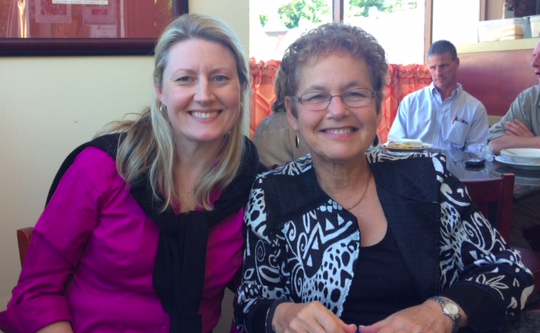Five skills for navigating the transition to adulthood
 by Jean Rhodes
by Jean Rhodes
I’m sometimes alarmed that so many of my undergraduates seem adrift and unclear about their futures. I find myself wondering how they can bring themselves to pay tuition, go to class, study for tests, and go about their daily lives without a detailed, ambitious plan for their future careers. But, I’ve come to realize that times have changed dramatically since I was a college student in the 1980’s. Indeed, coming of age has never been more confusing. Traditional economic and social markers of adulthood have all but vanished, leaving a generation of youth in limbo. And our collective notions of the transition to adulthood — young people finishing high school or college and marching lockstep into lifelong jobs, marriages, and mortgages — seem as quaint as our parents’ wedding photos.
Economic, demographic, technological, and social changes have conspired to both lengthen and complicate the road to adulthood. By the time my generation had reached our mid to late twenties, many of us were occupied with marriage, young families, jobs, military service, or other full-time pursuits. A “quarter-life identity crisis,” as this new period of prolonged transition to adulthood has been described, implies setback and confusion. But is this really the case? Might not the current delays in forming lasting job commitments and partnerships be an adaptive response to economic and social turmoil. Maybe this longer period of identity and relationship exploration has some upsides?
Classic developmental theories would suggest otherwise. Much of our current understanding of identity formation in adult development stems from early seminal work by Erik Erikson, a developmental psychologist who conceived of a life-stage theory of development that is tied to confronting and mastering the challenges of each stage. Challenges not fully resolved at one stage often carry over into the next stage, resurfacing as problems arise. Although the key challenges of young adulthood involve establishing intimate partnerships and commitments (intimacy vs. isolation), some have argued that today’s young adults are, in many ways, still grappling with the crisis of adolescence, identity vs. role confusion. Changing social and economic circumstances have prolonged this adolescent identity challenge and, in many ways, complicated the resolution of the subsequent stage tasks of finding an intimate partner.
As other scholars wrangle with the socio-demographic and policy implications, there is a pressing need to explore the underlying psychological processes that both drive and are necessitated by these shifts. What might have facilitated the transition to adulthood in the past, including conformity, loyalty, steady commitment, is shifting. Instead, selection biases of these uncertain times may favor those who can blend tenacity with flexibility in responding to setbacks and rapid change. From this perspective, the social and economic climate may favor those who are both planful but can also tolerate ambiguity and adapt their skills to the rapidly changing global economy.
Much has been written lately about self-regulation and developing youth’s social and emotional learning skills, but ambiguity tolerance and other skills are also needed in today’s uncertain world. Here’s a few:
- Purpose: As individuals work toward goals, those youth with a sense of purpose are better able to adapt to the challenges of the transition to adult roles. Particularly when wages are low and a sense of economic despair is pervasive, it is important to feel one’s actions have some greater purpose.
- Planning: Those who are more planful are better able to establish priorities, assess which tasks are most important to long-term goals, and generate options in response to obstacles. Masten and colleagues (2004) found that this resource discriminated between vulnerable adolescents who went on to achieve academically and in their careers and those who did not.
- Adaptability: Adaptability, or the capacity to flexibly respond to various social, educational and job settings, is vital. Adaptability entails trying new strategies in the face of problems, particularly when the usual way of doing things is no longer as effective. Rather than stubbornly persist in the face of rejection or roadblocks, adaptable young adults formulate, reset, and try new approaches to accomplish their goals. This might require seeking out new resources, additional education, specialized information, and appropriate mentors and role models. Youth with stronger perspective-taking abilities are better able to self-reflect and to read and tailor their goals to changing conditions
- Resource recruitment: Another capacity–the ability to identify resources, opportunities, information, and social supports–is also critical to young people as they identify their goals and the means to attain them.
- Optimism: Finally, a sense of optimism, maintaining a positive outlook for the future, tempered by an awareness of the real challenges of this stage, is critical to managing the inevitable uncertainty and frustrations of the transition to adulthood.







